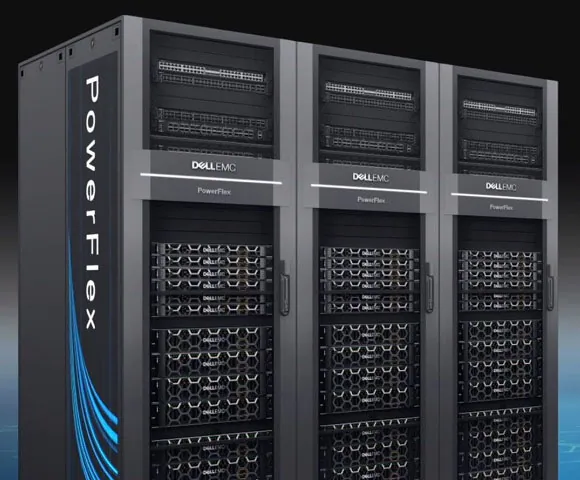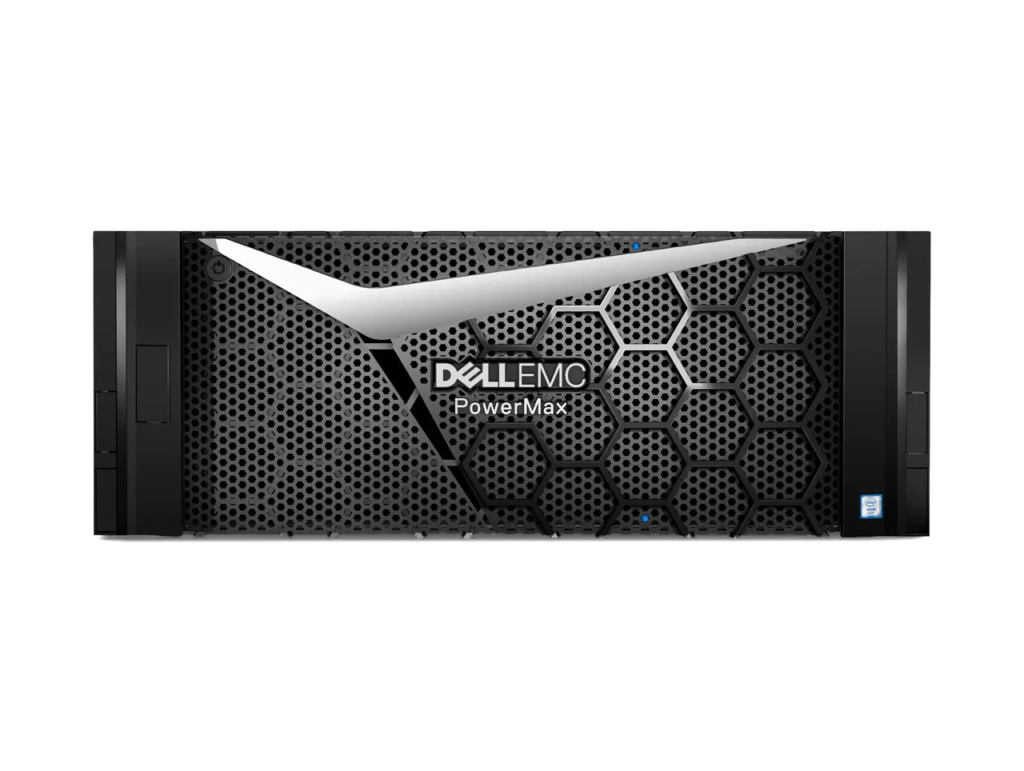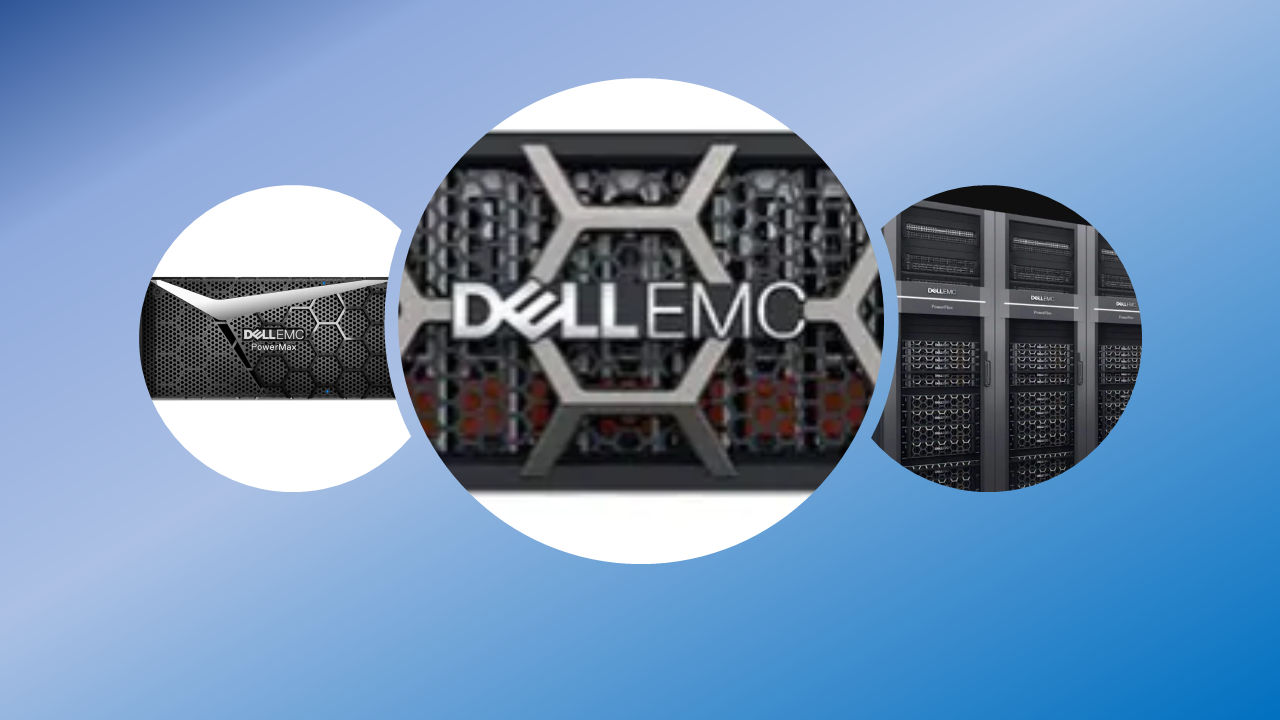Dell Technologies is updating its portfolio of storage solutions to empower businesses with better data resilience and flexibility. The newly updated solutions take the lead from businesses which have inadvertently adopted a multi-cloud approach which Dell has identified as “Multi-Cloud by Default”. These updated solutions enable businesses to seamlessly access and store data across their multiple clouds while increasing efficiency.

Dell’s PowerStore, PowerMax and PowerFlex have been updated with over 500 software advancements across the board to deliver better multi-cloud control, insights and resilience. The updates come as part of Dell’s project Alpine which looks to bring enterprise performance, protection and capacity that is offered by Dell Technologies to public clouds.
The Dell PowerStore solution is one of the fastest ramping new architecture in Dell’s history. It is capable of delivering improvements of up to 50% in mixed workloads and up to 66% greater capacity than most of the current market offerings. With the new software updates, it now supports better, more secured file workloads with file level retention, native file replication and support for third-party solutions for file monitoring and ransomware protection. Deeper VMware integrations which empower better vVols latency and performance allow businesses to run more workloads faster. In addition, it’s been imbued with added resilience with better VMware vSphere Virtual Volumes (vVolss) replication and VM-level snapshots and fast clones.

PowerMax, on the other hand, empowers mission-critical operations with data security and resilience. These include cyber vaults for traditional and mainframe deployments. It comes with added data security thanks to CouldIQ ransomware capabilities which enable early detection of ransomware attacks minimizing exposure and recovery. Dell PowerMax now offers up to 65 million secure snapshots to better data recovery and resiliency with a new 4:1 data reduction guarantee. Software updates enable automated storage operations including multi-array smart provisioning, workload optimisation, health monitoring and remediation. It will also be able to quickly move and mobilise workloads between public and private clouds with snapshot shipping and recovery. This also allows for better, higher availability to minimise downtime.
Rounding up their offerings, Dell PowerFlex is available to help consolidate traditional and modern workloads. It does this through new file services that allow for a unified platform for both block and file capabilities. PowerFlex works to simplify the complexities of a multi-cloud environment as well as DevOps with support for the broadest file and block support for all Kubernetes and container orchestration platforms from Amazon, Google, Microsoft, Red Hat, SUSE and VMware. New software updates also allow PowerFlex to unify compute, storage and system lifecycle management helping simplify workflow.


These innovations and cloud storage solutions from Dell Technologies is one of the first steps the company is taking to its vision of a multi-cloud by design work environment. In this new work environment, entreprises are able to work on-prem and in the cloud with the flexibility and security needed regardless of being in the public or private cloud. In fact, they will work seamlessly as data and operations stores and retrieves data from both.
The Dell PowerMax and Dell PowerStore updates and upgrades will be available globally starting in mid-July 2022 while PowerFlex will see global availability in mid-August 2022.






